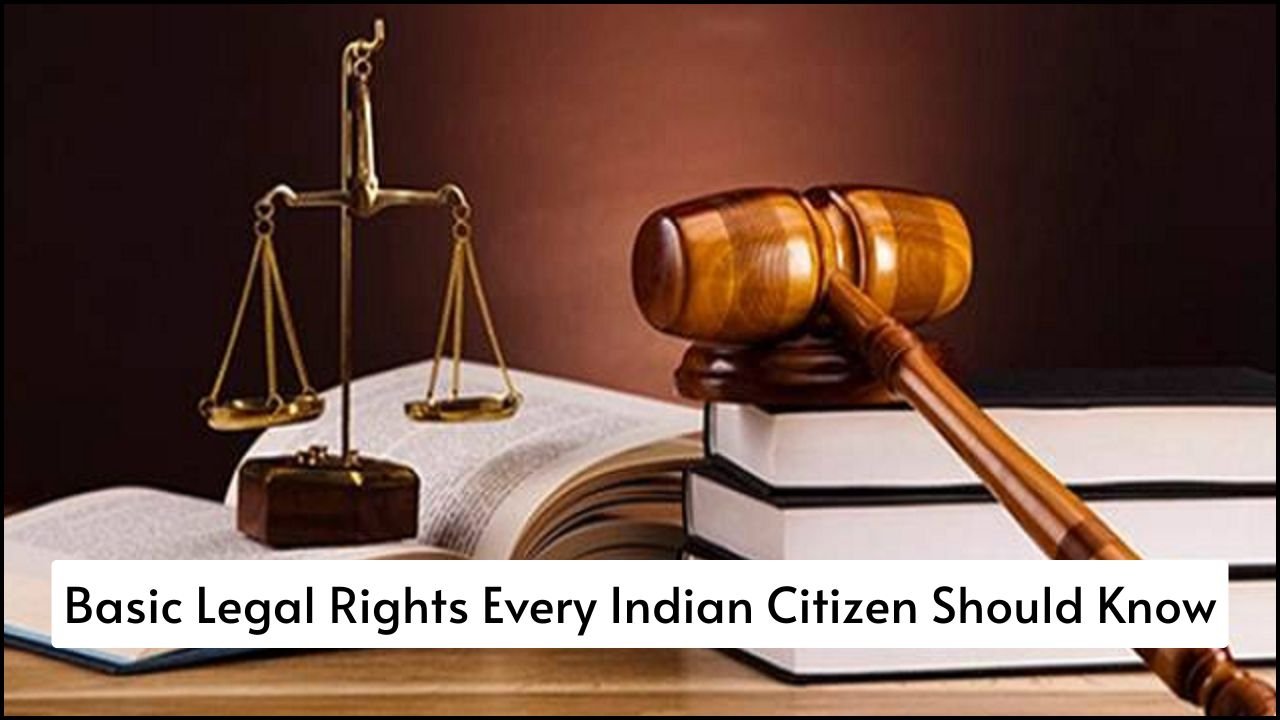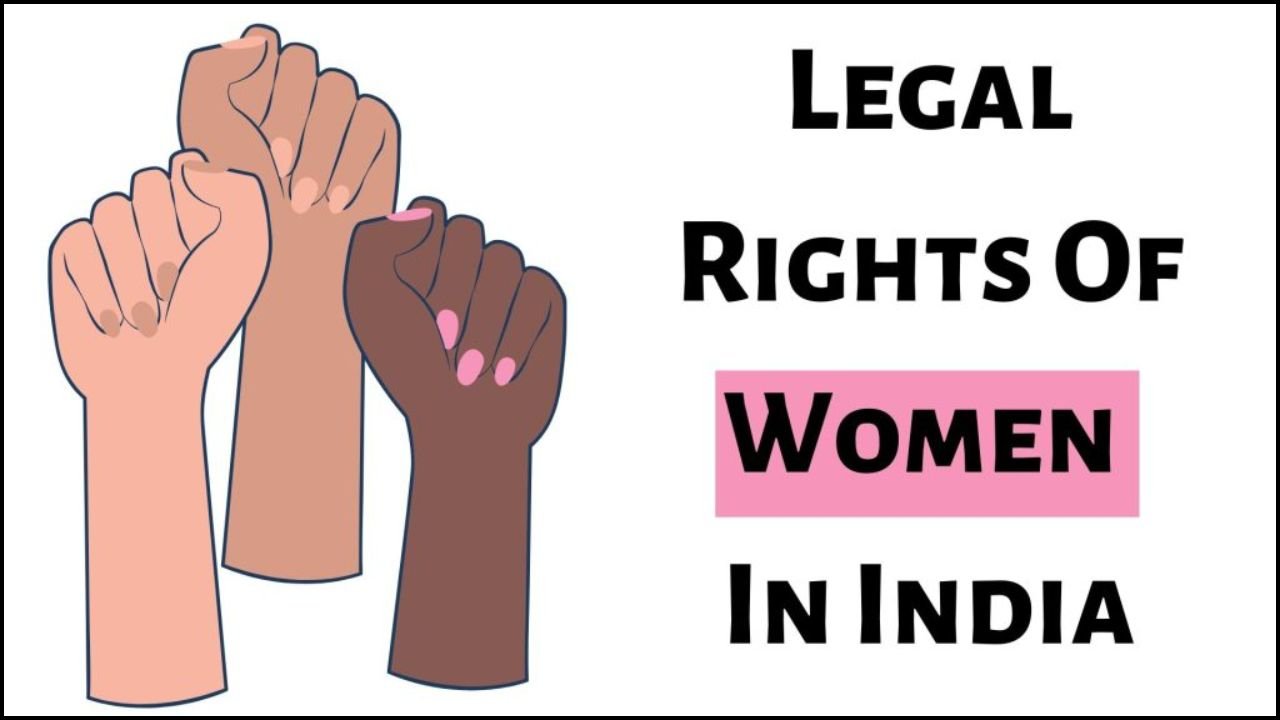
If you’re planning to enter the legal profession in India, one of the first decisions you’ll have to make is choosing between BA LLB and LLB. Both degrees are pathways to becoming a lawyer, but they differ in structure, duration, and eligibility. Understanding the key differences can help you make a more informed decision aligned with your career goals.
In this article, we’ll break down the distinctions between the two degrees, their course structures, career prospects, and help you decide which one is right for you.
Table of Contents
What is BA LLB?
BA LLB (Bachelor of Arts + Bachelor of Laws) is an integrated 5-year undergraduate law program. It combines a Bachelor of Arts with a Law degree, meaning you study subjects from the humanities along with core law subjects.
Key Features:
- Duration: 5 years (10 semesters)
- Entry after: 12th grade (any stream)
- Combines: Humanities + Law
- Common entrance exams: CLAT, LSAT India, AILET, SLAT
What is LLB?
LLB (Bachelor of Laws) is a 3-year graduate-level law course. It is suitable for those who have already completed an undergraduate degree in any discipline and now wish to pursue law.
Key Features:
- Duration: 3 years (6 semesters)
- Entry after: Any graduation (BA, BCom, BSc, etc.)
- Focus: Pure legal studies
- Common entrance exams: DU LLB, MH CET Law (3-year), LSAT India
BA LLB vs LLB: Detailed Comparison
Here’s a detailed comparison to help you understand the differences at a glance:
| Aspect | BA LLB (5-Year Integrated) | LLB (3-Year) |
|---|---|---|
| Duration | 5 years (10 semesters) | 3 years (6 semesters) |
| Eligibility | 12th pass (any stream) | Graduation in any field |
| Course Type | Integrated dual-degree program | Standalone law degree |
| Subjects Covered | Law + Arts subjects (Political Science, Sociology, etc.) | Core Law subjects only |
| Target Students | Students deciding early on a legal career | Graduates switching or adding a legal career |
| Cost of Education | Generally higher due to longer duration | Relatively lower cost |
| Popular Colleges | NLSIU, NALSAR, NUJS, Symbiosis, Amity | Faculty of Law, DU, ILS Pune, Government Law College Mumbai |
| Career Opportunities | Lawyer, Judge, Civil Services, Legal Analyst | Lawyer, Judge, Corporate Law, Legal Advisor |
| Professional Recognition | Recognized by BCI | Recognized by BCI |
| Internship Scope | Multiple internships over 5 years | 1–2 internships in 3 years |
| Entrance Exams | CLAT, AILET, LSAT, SLAT | DU LLB, MH CET Law, LSAT |
Which One Should You Choose?
Choosing between BA LLB and LLB depends on your current educational qualifications, career timeline, and long-term goals. Let’s explore what suits whom:
Choose BA LLB if:
- You’ve just completed your 12th grade.
- You’re sure about pursuing law as a career.
- You want a broad academic foundation with humanities subjects.
- You are looking for a long-term, intensive legal education.
- You want to appear for judiciary exams, civil services, or corporate law firms.
Choose LLB if:
- You’ve already completed a bachelor’s degree in another field.
- You’re looking to switch careers to law.
- You’re interested in specializing quickly and entering the legal profession.
- You want to use your prior degree (Commerce, Science, etc.) along with law knowledge for niche fields (e.g., tax law, IP law, environmental law).
Curriculum Comparison
BA LLB Curriculum Highlights:
- Law Subjects: Constitutional Law, IPC, Family Law, Company Law, Environmental Law
- Arts Subjects: Political Science, Economics, Sociology, History, English
- Skill Development: Moot Courts, Internships, Legal Aid Camps
LLB Curriculum Highlights:
- Law Subjects Only: All core and advanced law subjects like Criminal Law, Civil Law, Labour Law, Tax Law
- Focused Learning: Designed for mature students aiming at law-specific careers
- Skill Training: Emphasis on legal drafting, court procedures, and internships
Job and Career Scope
Both degrees qualify you to become a lawyer, judge, legal advisor, public prosecutor, or pursue higher studies (LLM, PhD). However, career entry timing differs:
| Career Path | BA LLB Graduate | LLB Graduate |
|---|---|---|
| Entry into law firms | After 5 years | After 3 years |
| Judiciary Exams | Eligible after a degree | Eligible after degree |
| Corporate Legal Jobs | High demand from top firms | Preferred for specialists |
| Higher Education (LLM) | After 5 years | After 3 years |
| UPSC/State PCS | Strong humanities base | Must prepare separately |
Advantages and Disadvantages
BA LLB Pros:
- Combines two degrees in one.
- A broader understanding of society and law.
- Time-saving compared to doing BA + LLB separately.
BA LLB Cons:
- Long duration.
- Higher cost.
- Early career decision at 17–18 years old.
LLB Pros:
- Shorter duration (3 years).
- Good for career changers.
- Ideal for specialization.
LLB Cons:
- No exposure to arts or social sciences.
- May need to spend more on additional degrees.
Top Law Colleges in India Offering BA LLB and LLB
| College | Course Offered | Location | Website |
|---|---|---|---|
| National Law School of India University | BA LLB | Bangalore | nls.ac.in |
| National Law University, Delhi | BA LLB | New Delhi | nludelhi.ac.in |
| Faculty of Law, University of Delhi | LLB (3 Years) | New Delhi | lawfaculty.du.ac.in |
| Symbiosis Law School | BA LLB, LLB | Pune, Noida | symlaw.ac.in |
| Government Law College | LLB (3 Years) | Mumbai | glcmumbai.com |
Entrance Exams to Consider
| Exam | For Course | Conducted By |
|---|---|---|
| CLAT | BA LLB | Consortium of NLUs |
| AILET | BA LLB | NLU Delhi |
| LSAT India | Both | LSAC |
| SLAT | BA LLB | Symbiosis International University |
| DU LLB | LLB (3 Years) | Delhi University |
| MH CET Law | Both | Government of Maharashtra |
Quick Answers
Q1. Can I become a judge after completing LLB?
Yes, both BA LLB and LLB make you eligible for the judiciary exams.
Q2. Which is better for UPSC – BA LLB or LLB?
BA LLB offers a stronger foundation due to its inclusion of humanities subjects.
Q3. Is CLAT required for LLB after graduation?
No, CLAT is for 5-year BA LLB; for LLB (3 years), take exams like DU LLB, MH CET Law.
Q4. Are both BA LLB and LLB recognized by BCI?
Yes, both degrees are recognized and allow practice as a lawyer.
Final Thoughts
There is no “one size fits all” answer when it comes to choosing between BA LLB and LLB. If you’re certain about law from an early age, BA LLB is the most comprehensive option. However, if you decide later or after exploring other fields, LLB offers a more direct route into the legal profession.
Both degrees are recognized by the Bar Council of India (BCI) and allow you to enroll as an advocate, appear in judicial exams, or work in corporate law.





